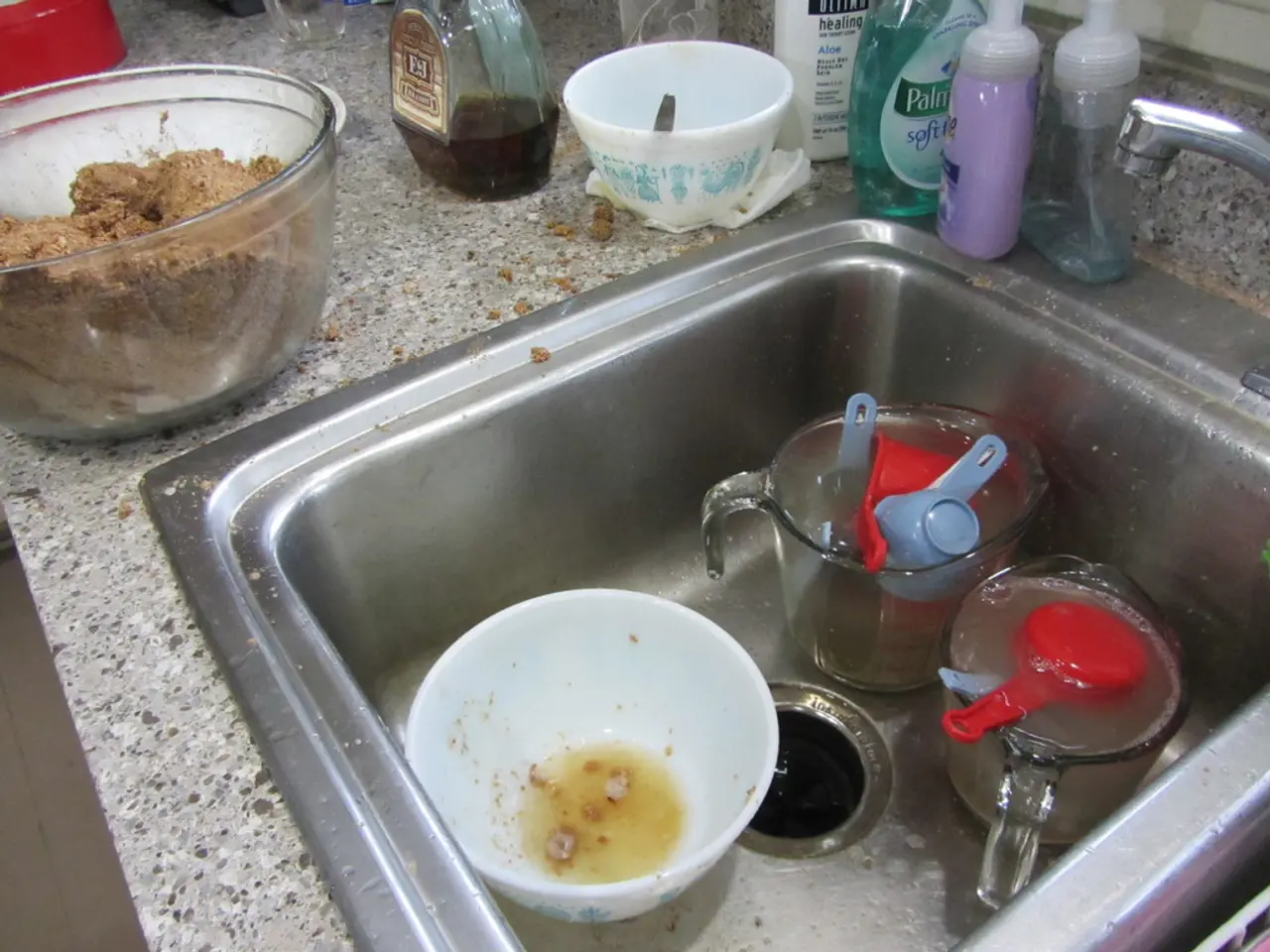Connection Between Gut Health and Depression: Unraveling the Mystery
In recent years, a growing body of research has highlighted the potential link between gut health and mental health, particularly in relation to depression.
Some physical symptoms associated with anxiety and depression, such as difficulty concentrating, brain fog, low energy, headaches, and memory issues, can also be linked to poor gut health. This is because the gut microbiome, the community of microorganisms living in our digestive tract, plays a crucial role in our overall health and wellbeing.
Digestive disorders like celiac disease and Crohn's disease can disrupt the gut microbiome, leading to cognitive symptoms that mimic those of depression. On the other hand, a healthy gut flora may help reduce depression symptoms.
So, what can we do to improve our gut health? Eating more probiotic foods like yogurt, sauerkraut, and kimchi, taking probiotics, including prebiotic fiber in your diet (found in foods like bananas, asparagus, and oats), reducing sugar consumption, limiting stress, avoiding taking antibiotics unnecessarily, exercising regularly, getting quality sleep, and considering cutting down or quitting smoking are all steps that can help.
The first-line treatment for depression typically involves a combination of medication, therapy, and lifestyle changes. However, emerging evidence suggests that promoting a healthy gut flora may help with certain mental health conditions. The most well-known beneficial microorganism in the gut potentially influencing the development or worsening of depression is the genus Bifidobacterium, which, along with other probiotics, is part of psychobiotics that interact with the gut-brain axis.
Multiple studies show that depressed individuals have altered gut microbiomes, and gut bacteria can produce neuroactive substances affecting mood regulation. A systematic review and meta-analysis from 2017 found that people with irritable bowel syndrome (IBS) had higher levels of depression than people without IBS.
However, it's important to note that further study is needed to determine a safe and effective gut-specific treatment for mental health conditions like depression. If digestive symptoms are severe, you may want to consider seeing a gastroenterologist.
Interestingly, people with depression may lack specific types of gut bacteria: Dialister and Coprococcus. On the other hand, probiotics and prebiotic supplements can have side effects, so it's always a good idea to consult with a healthcare professional before starting any new supplement regimen.
If depression symptoms impact your ability to function day-to-day, you may find it helpful to reach out to a mental health professional. Mental health is just as important as physical health, and seeking help is a courageous step towards improved wellbeing.








